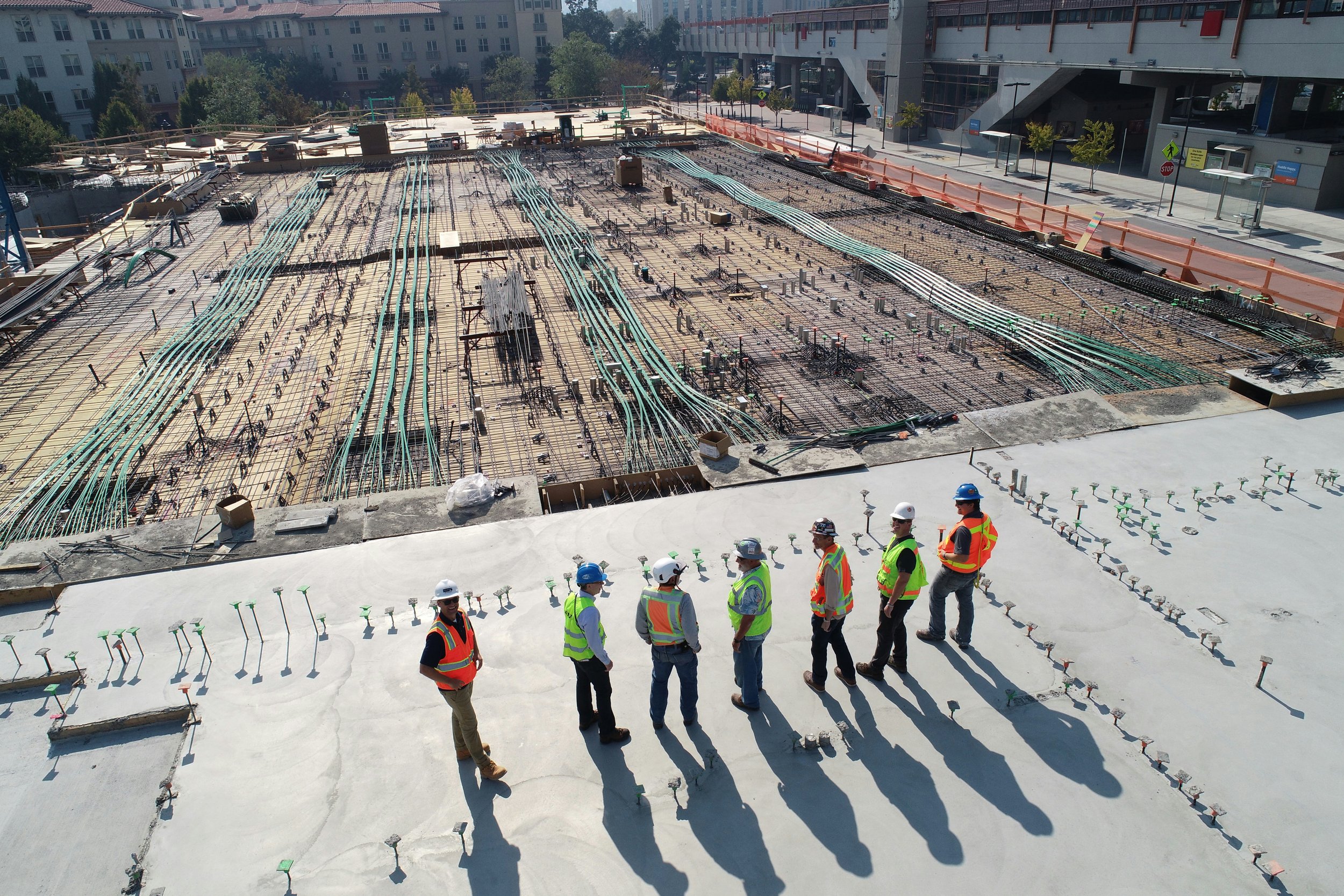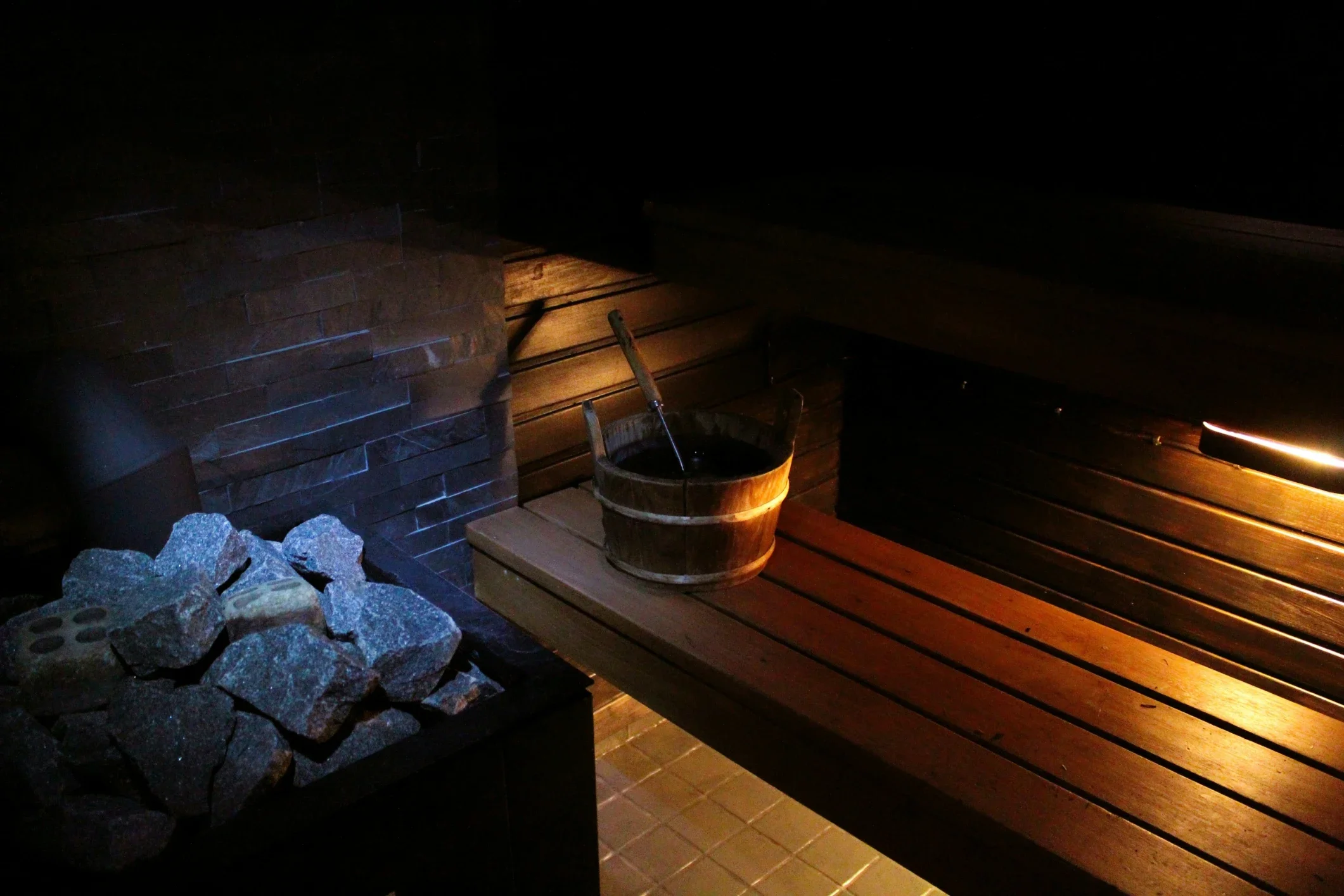What Is the Penalty for Building Without a Permit?
Discover the penalties for building without a permit and why it's crucial to follow regulations. Learn about potential fines, legal consequences, and how to avoid costly mistakes.
We’ve all been there—excited about a home project, eager to see it come to life, and maybe a little too tempted to skip some steps. Among those tempting shortcuts is the idea of building without a permit. After all, who’s really going to notice, right? Well, not so fast! Building without a permit can lead to a host of headaches, from hefty fines to legal entanglements that could turn your dream project into a nightmare. In this article, we’ll explore the ins and outs of what happens when you decide to build without the proper permissions and the penalties you might face.
Why Are Building Permits Important?
Before diving into the penalties, it’s crucial to understand why building permits exist in the first place. They’re not just bureaucratic red tape—there’s a method to the madness.
1. Safety Regulations:
Building permits ensure that all construction meets local safety standards, protecting both you and your neighbors from potential hazards. For instance, building a deck without the required supports could result in a collapse, leading to serious injury or property damage. Permits enforce regulations that ensure structures are safe, durable, and up to code. By obtaining a permit, you’re not only complying with the law but also safeguarding the well-being of everyone who uses or lives near your construction project.
2. Code Compliance:
Permits ensure that your project complies with local building codes, which are designed to maintain structural integrity, protect the environment, and uphold community standards. These codes regulate everything from the materials used to the construction methods employed, ensuring your project is safe and sustainable. By adhering to these regulations, you not only avoid legal issues but also contribute to the overall well-being and aesthetic harmony of your neighborhood. Proper permitting is a key step in responsible and safe construction.
3. Legal Protection:
Having a permit shields you from legal action by serving as proof that your construction project complies with local regulations. If something goes wrong or if someone is injured on your property, your permit can demonstrate that you followed the law and adhered to required safety standards. This legal protection is crucial, as it can prevent costly fines, lawsuits, or forced demolition. Securing a permit not only ensures safety but also provides peace of mind, knowing you’ve taken the proper legal steps.
What Is the Penalty for Building Without a Permit?
So, what happens if you decide to roll the dice and skip getting a permit? Spoiler alert: it’s not pretty. Here are some of the potential penalties.
1. Fines and Fees
One of the most immediate consequences of building without a permit is the fines. These can vary depending on where you live, but they’re generally steep. You might be hit with:
Initial Fines: These can range from a few hundred to several thousand dollars, depending on the scope of your project and local regulations.
Daily Penalties: Some municipalities charge daily fines for every day the violation continues. That dream project could end up costing more in fines than the project itself!
2. Demolition Orders
In some cases, the penalty for building without a permit can be as severe as being ordered to tear down what you’ve built. Imagine investing time and money into an extension or new deck, only to have the city demand its demolition. Such a situation isn’t just heartbreaking—it’s incredibly costly. Beyond the emotional toll, you’d face financial losses and potentially steep fines. Obtaining the necessary permits upfront can save you from this devastating outcome and ensure your project is safe and legal.
3. Legal Action
Building without a permit can land you in serious legal trouble. If the municipality decides to take you to court, you could face hefty fines, legal fees, and, in extreme cases, even criminal charges. The legal repercussions extend beyond just financial penalties; you could also be ordered to halt construction or remove what’s already been built. The stress and costs associated with these legal battles can be overwhelming, making it crucial to secure the proper permits before starting any construction project.
4. Halted Projects
If you're caught mid-project without a permit, the city could issue a stop-work order, forcing you to halt all construction immediately until you obtain the proper permits. This unexpected delay can significantly increase your overall project costs, as you’ll need to account for the downtime, additional labor, and potential fines. It also disrupts your timeline, causing frustration and possibly affecting other scheduled work. Securing the necessary permits from the start helps avoid costly delays and keeps your project on track.
5. Complications When Selling Your Home
When it’s time to sell your home, unauthorized construction can create serious issues. Potential buyers may hesitate to purchase a property with unpermitted work, and banks might refuse to finance the sale. This could lead to delays or even jeopardize the transaction. In many cases, you’ll be required to bring the work up to code, which can be costly and time-consuming. If not addressed, you risk having to sell at a lower price, affecting your overall return on investment.
Common Projects That Require Permits
You might be surprised at what requires a permit. It’s not just large-scale projects like building a new house or adding an extension. Here are some common projects that typically need a permit:
Adding or Removing Walls:
Even something as simple as changing the layout of a room can require a permit.Installing New Windows or Doors:
Changing the size of a window or door opening often requires approval.Electrical Work:
Any significant electrical work usually needs to be inspected and permitted to ensure it’s up to code.Plumbing Changes:
Installing a new bathroom or rerouting plumbing pipes also typically requires a permit.Building Fences or Decks:
Even outdoor structures often need permits, especially if they exceed certain height limits.
How to Avoid Penalties
No one wants to deal with the hassle of fines or legal issues, so how do you avoid penalties for building without a permit? Here are some tips:
1. Do Your Research
Before starting any project, it’s crucial to check with your local building department to determine if a permit is required. Never assume that just because a project seems minor, it doesn’t need one. Even small projects can have regulations, and failing to obtain the proper permits can lead to fines, delays, and legal issues. Taking the time to confirm permit requirements upfront ensures that your project complies with local codes and proceeds smoothly without unnecessary complications.
2. Hire a Licensed Contractor
If you’re unsure about permit requirements, hiring a licensed contractor can save you a lot of trouble. Licensed contractors are typically well-versed in local building codes and can manage the permitting process on your behalf. This expertise not only ensures that your project complies with all regulations but also prevents costly mistakes and delays. By entrusting the permitting to a professional, you can focus on other aspects of your project, confident that everything is being handled correctly from the start.
3. Follow the Rules
It might seem obvious, but following the rules is the best way to avoid penalties. Secure the necessary permits before starting your project, ensure that your work is inspected as required, and comply with all local codes. Adhering to these regulations helps prevent fines, legal issues, and potential disruptions to your project. By staying informed and compliant, you ensure that your construction or renovation is safe, legal, and up to standard, ultimately safeguarding your investment and peace of mind.
4. Keep Records
Keep detailed records of all permits, inspections, and communications with local authorities. Maintaining a thorough paper trail can be crucial if any issues arise during or after your project. This documentation serves as proof that you followed the necessary procedures and adhered to regulations, which can protect you in case of disputes or legal challenges. Proper record-keeping not only ensures compliance but also provides peace of mind, knowing you have the necessary evidence to support your case if needed.
Conclusion
With these 10 preppy room ideas, you can elevate your space with style and sophistication. From bold colors to classic patterns, there are endless ways to infuse your room with personality and charm. So, unleash your creativity and transform your room into the ultimate preppy retreat!
Frequently Asked Questions
Q: Can I apply for a permit after the project is done?
A: Yes, in many cases, you can apply for a permit retroactively, but it might involve higher fees, and you may still face fines.
Q: What if I didn’t know I needed a permit?
A: Ignorance of the law isn’t usually an acceptable excuse. You’re still responsible for obtaining the necessary permits.
Q: How long does it take to get a permit?
A: The time frame can vary, but it’s typically a few days to a few weeks, depending on the project’s complexity and local regulations.
Q: What happens if my project doesn’t pass inspection?
A: If your project doesn’t pass inspection, you’ll need to make the required changes and schedule a re-inspection. Failure to do so could result in further penalties.
Q: Can I get a permit for DIY projects?
A: Absolutely! Many homeowners obtain permits for DIY projects. Just be prepared to meet the same standards as a professional contractor.
































